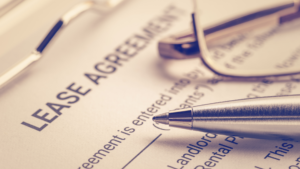
The PHEV FBT Exemption Ends April 2025 – What It Means for Your Lease
PHEV novated leases will lose their FBT exemption after April 1, 2025. Lock in a lease now to save thousands, and if you have a PHEV novated lease, learn how this change affects you.









